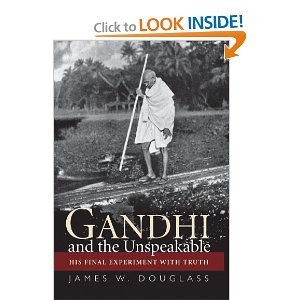
Will and Ariel Durant
This edition is the FIRST edition. The reprinted currently in stock version The Lessons of History is more readily available, but if you can get the first edition, it is priceless at multiple levels.
This is the first book that I discuss in my national security lecture on the literature relevant to strategy & force structure. It is a once-in-a-lifetime gem of a book that sums up their much larger ten volume collection which itself is brilliant but time consuming. This is the “executive briefing.”
Geography matters. Inequality is natural. Famine, pestilence, and war are Nature's way of balancing the population.
Birth control (or not) has *strategic* implications (e.g. see Catholic strategy versus US and Russian neglect of its replenishment among the higher social and economic classes).
History is color-blind. Morality is strength. Worth saying again: morality is strength.
They end with “the only lasting revolution is in the mind of man.” In other words, technology is not a substitute for thinking by humans.
See my various lists. Other books I recommend:


